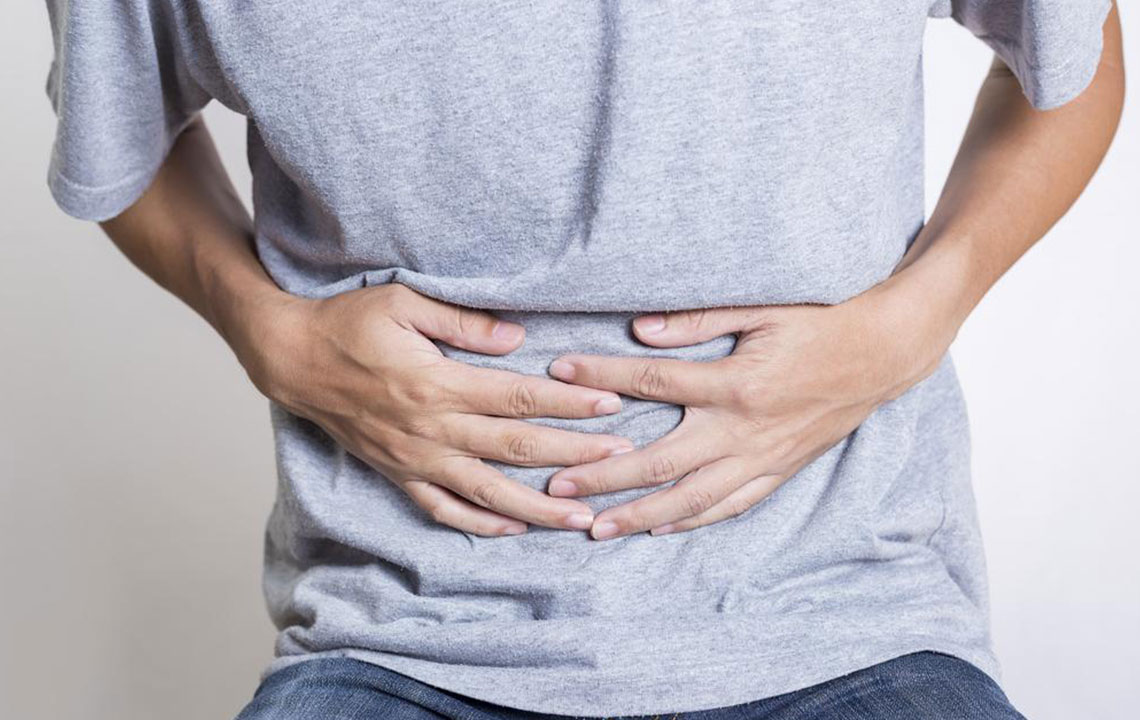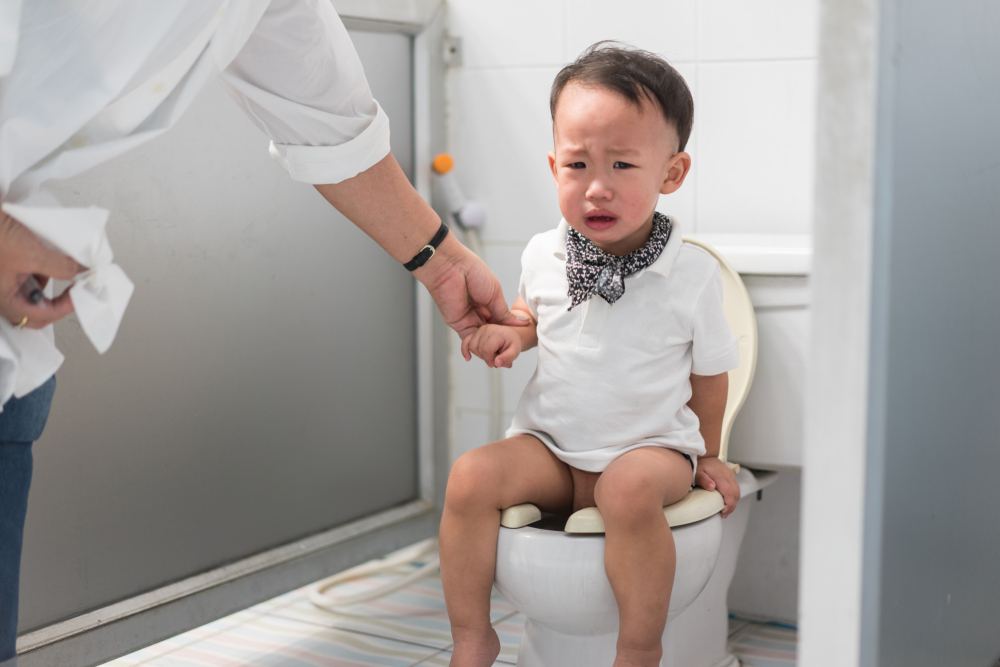Understanding Chronic Constipation: Causes, Symptoms, and Treatments
Chronic constipation involves infrequent bowel movements lasting weeks or more. Causes include blockages, muscle or nerve issues, hormonal imbalances, and diet. Diagnosis involves physical exams and specialized tests. Treatment combines dietary changes, medications, and sometimes surgery. Early medical advice ensures effective management and improves quality of life.

Chronic constipation is characterized by infrequent bowel movements, typically fewer than three times weekly, persisting for several weeks or more. It can stem from various underlying issues. Effective management requires identifying the root cause and adopting appropriate treatment strategies.
Signs of persistent constipation
Key indicators include:
Fewer than three bowel movements per week
Straining during defecation
Hard, difficult stools
Lower abdominal discomfort or pain
Feeling bloated
Rectal bleeding or fissures
Inability to fully evacuate bowels
If these symptoms last beyond a few weeks, seeking medical advice is recommended for suitable treatment options.
causes of chronic constipation
Various factors can contribute to this condition:
Blockages in the colon or rectum caused by tumors, fissures, or narrowings
Pelvic muscle dysfunction, including weakness or failure to relax
Hormonal imbalances from pregnancy, thyroid issues, or diabetes affecting fluid levels
Nerve disorders such as spinal injuries, multiple sclerosis, or Parkinson’s disease disrupting bowel control
Prolonged use of certain medications like opioids, iron supplements, or antidepressants
Diet lacking fiber, excessive processed foods, prolonged inactivity, or high stress levels
Age-related changes, dehydration, or eating disorders
Proper diagnosis is essential for targeted treatment. Self-medication or laxatives without medical guidance can worsen the condition.
Diagnosing chronic constipation
Various tests help confirm the diagnosis:
Physical examination of the abdomen and rectum
Blood tests for hormonal issues
Colonoscopy to examine the large intestine for abnormalities
Sigmoidoscopy for rectal and lower colon assessment
Defecography and MRI defecography to evaluate muscle function
Anal manometry to measure sphincter muscle strength
Balloon expulsion test to assess stool passage efficiency
Treatment options for chronic constipation
Effective management involves lifestyle, dietary, and medical approaches:
Increasing dietary fiber intake through whole grains, fruits, and vegetables
Engaging in regular physical activity to promote healthy bowel movements
Using prescribed laxatives, stool softeners, or osmotic agents as needed
In severe cases, surgical intervention may be considered
Though rarely life-threatening, untreated constipation can cause discomfort. With proper medical care, long-term relief is achievable.










